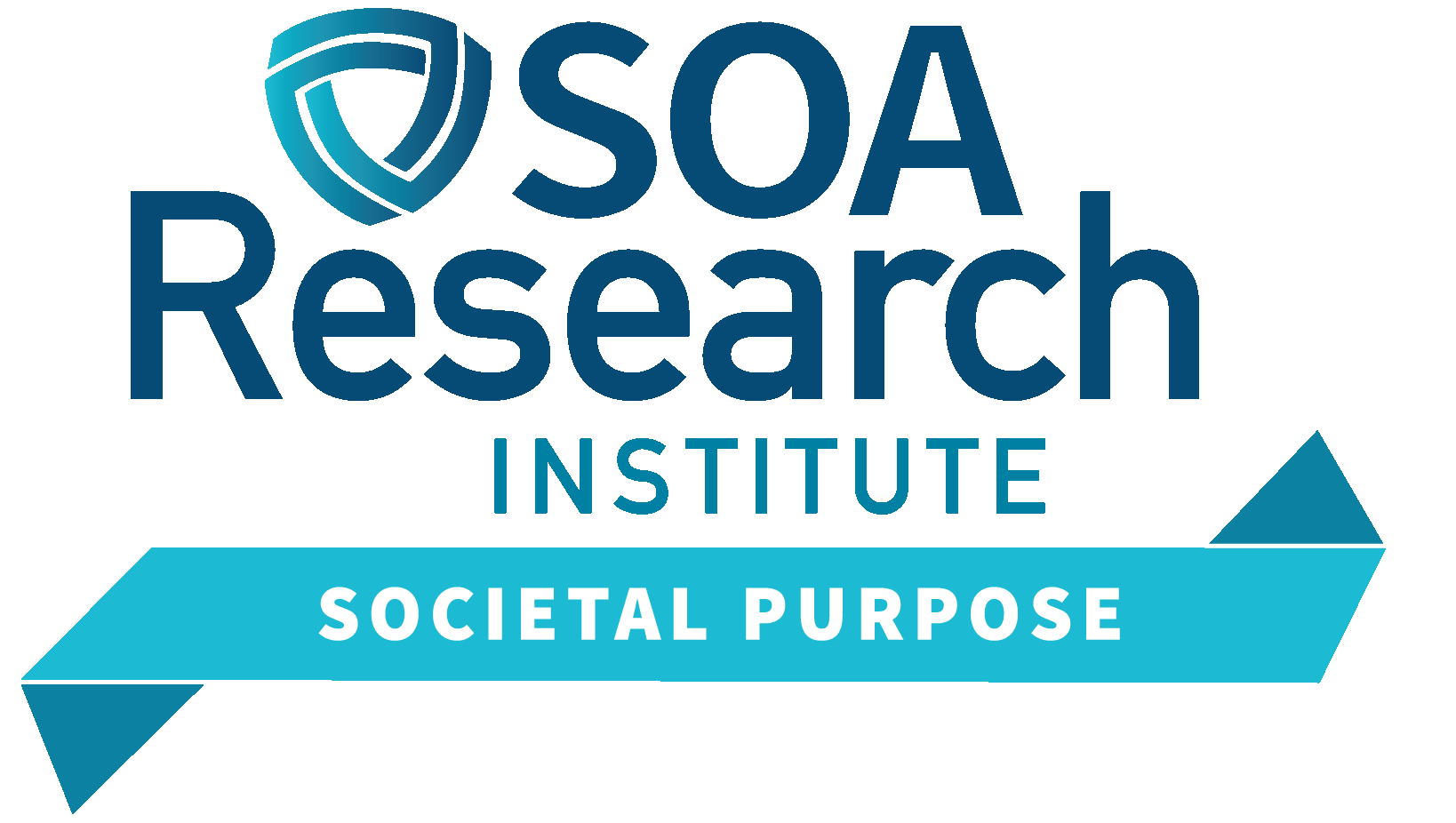From Health Inequities to Societal Bias: Insights from an Expert Panel on AI and Actuarial Responsibility

October 2025
Authors
Ronald L. Poon Affat, FSA, FIA, MAAA
Executive Summary
The Society of Actuaries Research Institute convened a panel of experts to explore how potential bias in artificial intelligence is affecting the insurance industry—and how actuaries can evolve to meet this challenge. The discussion made clear that AI can reflect bias in data. Or as one panelist put it: “the data is not the data.” In other words, what appears to be a neutral fact may carry the context, nuance, and social and behavioral science dimensions that shape its interpretation. Drawing from healthcare, regulatory, technical, and actuarial domains, the panelists explored how well-meaning models may fail when they treat historical data as objective truth. In high-stakes contexts like insurance and healthcare, these patterns may contribute to unwanted disparities if not addressed through improved practices. For actuaries, this is about more than technical rigor—it is about shaping ethical frontiers for the profession, ensuring that models designed or validated by actuaries promote fairness, trust, and accountability in an AI-driven future.
Key themes included:
- Historical Data and Objective Truth Are Different Legacy data reflects legacy decisions—not necessarily fairness. Treating it as neutral sustains any embedded past discrimination. Reassessing how data is sourced, contextualized, and interpreted can help avoid perpetuating potential past discrimination.
- Flawed Inputs Create Compounded Bias Using clinical assumptions like race-based kidney function scores or underwriting proxies like ZIP codes may encode real-world disparities into the modeling process. If left unexamined, AI may amplify these effects and scale them forward.
- Build Ethics Into Operations Articulating high-level principles like fairness and transparency are insufficient on their own. To be effective, principles of fairness and transparency must be embedded into daily decisions, model governance, and product design.
- Actuaries Need to Be More Like Social Scientists Traditional actuarial training emphasizes technical precision. But identifying possible sources of bias requires softer skills: understanding how social forces shape data, asking who benefits, and seeing beyond the surface-level patterns the data presents.
- Humans in the Loop When applied thoughtfully, AI can reduce diagnostic delays, expand access, and support underserved populations. These examples show what is possible when humans stay in the loop.
This report distills the panel’s insights and highlights opportunities for actuaries and insurers to go beyond compliance—toward leadership in building AI systems that are equitable, accountable, and worthy of public trust.
Material
Insights from an Expert Panel on AI and Actuarial Responsibility
Acknowledgements
The researchers’ deepest gratitude goes to those without whose efforts this project could not have come to fruition: the Expert Panel participants and others for their diligent work overseeing questionnaire development, analyzing, and discussing respondent answers, and reviewing and editing this report for accuracy and relevance.
Dorothy Andrews, PhD, ASA, MAAA, CSPA– Senior Behavioral Data Scientist and Actuary at the NAIC, supporting the work of its Big Data AI Working Group.
Miranda Bogen, MA – Director at the Center for Democracy & Technology; expert in algorithmic accountability, AI bias, and civil rights impacts of technology.
Jurnell Cockhren – President & Founder of Civic Hacker LLC; expert in ethical AI, software engineering, and data justice.
Dale Hall, FSA, MAAA, CFA, CERA – Managing Director of Research at the Society of Actuaries; specializes in insurance research, actuarial science, and public policy.
Kimberly Sapre, DMSc, PA-C – Clinical manager; expert in healthcare data equity, digital health, and ethical implementation of AI in clinical environments.
Ronald Poon Affat, FSA, FIA, MAAA, CFA – Independent Board Director and Cross Continental Actuary; expert in AI governance, reinsurance, and emerging market insurance.
At the Society of Actuaries Research Institute:
Korrel Crawford, Senior Research Administrator
Dale Hall, FSA, MAAA, CFA, Managing Director of Research
Questions or Comments?
Give us your feedback! Take a short survey on this report. Take Survey
If you have comments or questions, please send an email to Research@soa.org
